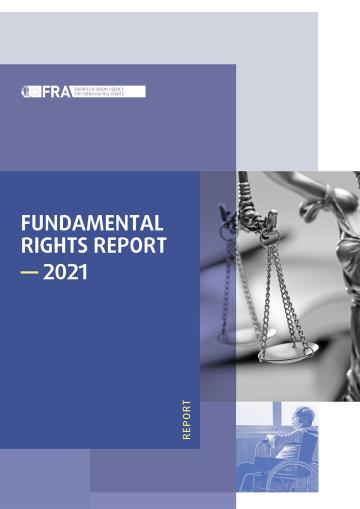‘4. Members should, in accordance with national circumstances, establish as quickly as possible and maintain their social protection floors comprising basic social security guarantees. The guarantees should ensure at a minimum that, over the life cycle, all in need have access to essential health care and to basic income security which together secure effective access to goods and services defined as necessary at the national level.
5. The social protection floors referred to in Paragraph 4 should comprise at least the following basic social security guarantees:
(a) access to a nationally defined set of goods and services, constituting essential health care, including maternity care, that meets the criteria of availability, accessibility, acceptability and quality;
(b) basic income security for children, at least at a nationally defined minimum level, providing access to nutrition, education, care and any other necessary goods and services;
(c) basic income security, at least at a nationally defined minimum level, for persons in active age who are unable to earn sufficient income, in particular in cases of sickness, unemployment, maternity and disability; and
(d) basic income security, at least at a nationally defined minimum level, for older persons.
6. Subject to their existing international obligations, Members should provide the basic social security guarantees referred to in this Recommendation to at least all residents and children, as defined in national laws and regulations.
7. Basic social security guarantees should be established by law. National laws and regulations should specify the range, qualifying conditions and levels of the benefits giving effect to these guarantees. Impartial, transparent, effective, simple, rapid, accessible and inexpensive complaint and appeal procedures should also be specified. Access to complaint and appeal procedures should be free of charge to the applicant. Systems should be in place that enhance compliance with national legal frameworks.
8. When defining the basic social security guarantees, Members should give due consideration to the following:
(a) persons in need of health care should not face hardship and an increased risk of poverty due to the financial consequences of accessing essential health care. Free prenatal and postnatal medical care for the most vulnerable should also be considered;
(b) basic income security should allow life in dignity. Nationally defined minimum levels of income may correspond to the monetary value of a set of necessary goods and services, national poverty lines, income thresholds for social assistance or other comparable thresholds established by national law or practice, and may take into account regional differences;
(c) the levels of basic social security guarantees should be regularly reviewed through a transparent procedure that is established by national laws, regulations or practice, as appropriate; and
(d) in regard to the establishment and review of the levels of these guarantees, tripartite participation with representative organizations of employers and workers, as well as consultation with other relevant and representative organizations of persons concerned, should be ensured. [...]‘









